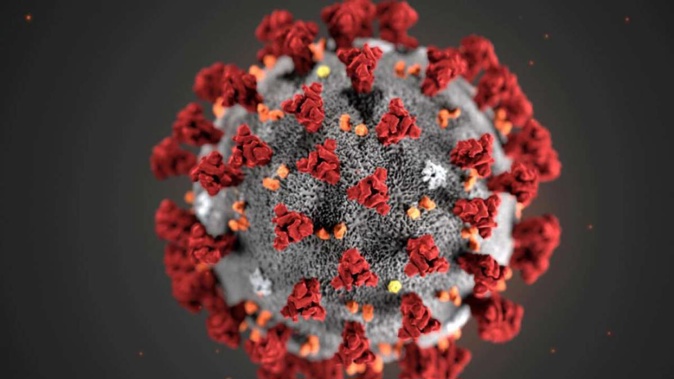
The latest variant of Covid-19 emerging in other parts of the world including the UK is estimated to be 10 times more transmissible than its predecessors.
But it is still early days and experts are warning that Omicron XE may not be any worse than its predecessors.
Omicron XE first appeared in the UK in mid-January and is a hybrid of Omicron BA.1 and the more transmissible BA.2 – the dominant strain currently in New Zealand.
University of Otago evolutionary virologist Dr Jemma Geoghegan said recombinants – new variants caused by mixing different strains – were common and occurred when viruses infected the same person at the same time allowing the viruses to interact during that replication process. Sometimes their genetic material can get mixed up and that resulted in the combinations being formed.
The Covid-19 virus had been recombining throughout the whole pandemic, but the higher number of cases probably made it easier to spot.
So far there were about 17 recombinants that had been given names and they were either a combination of Delta and Omicron or Omicron subvariants.
Geoghegan said while UK scientists had noted XE could be between five and 10 per cent more transmissible, it was still early science and needed to be reconfirmed with more data.
It was also very likely that XE would possess the same characteristics as the variants they were made from – BA.1 and BA.2 – so carry the same disease severity and have the same response to vaccines.
"It might not be anything to be that concerned about," she said.
"With both BA.2 and BA.1 the vaccines are good at decreasing the risk of severe disease so it's likely it's similar to that, but obviously we don't know for sure so we would need to see whether or not XE increases in frequency and if there are differences."
The World Health Organisation said XE still belonged to the Omicron variant until significant differences in transmission and disease characteristics, including severity, were found.
As of March 25, there were more than 600 confirmed cases in the UK. The variant has also recently been detected in Thailand, according to the Bangkok Post.
UK Health Security Agency chief medical adviser Professor Susan Hopkins said, in a statement last month, they were still determining whether XE had a true growth advantage and it was too early to draw conclusions about transmissibility, severity or vaccine effectiveness.
Hopkins said a recombinant variant – a combination of two previous strains – was not unusual and the vast majority died off relatively quickly.
As well as XE, two other new variants XD and XF – both a combination of Delta and Omicron BA.1 – have also popped up around the world.
In the UK, only 38 cases of XF have been identified but not since mid-February, while a similar number of XD have been reported in France. There was no evidence of wide transmission of either of these.
Prime Minister Jacinda Ardern has previously warned New Zealanders to be prepared for other new variants because the BA.2 variant would not be the last strain to enter the country.
Director general of health Dr Ashley Bloomfield told AM that while XE wasn't in the country yet, officials were keeping a "watching brief" on it.
If the XE variant did come into New Zealand, they would need to look at the characteristics – many of which are still unknown – to decide whether they needed to impose stricter rules such as limiting indoor gatherings to keep the numbers down to a manageable level, he said.
Key points on Omicron XE:
- It arrived in the UK in January
- More than 600 cases have been detected so far
- It is a combination of Omicron variants BA.1 and BA.2
- Initial findings show it could be 10 times more transmissible than BA.2
- There is still little known about it
- by Nikki Preston, NZ Herald
Take your Radio, Podcasts and Music with you









